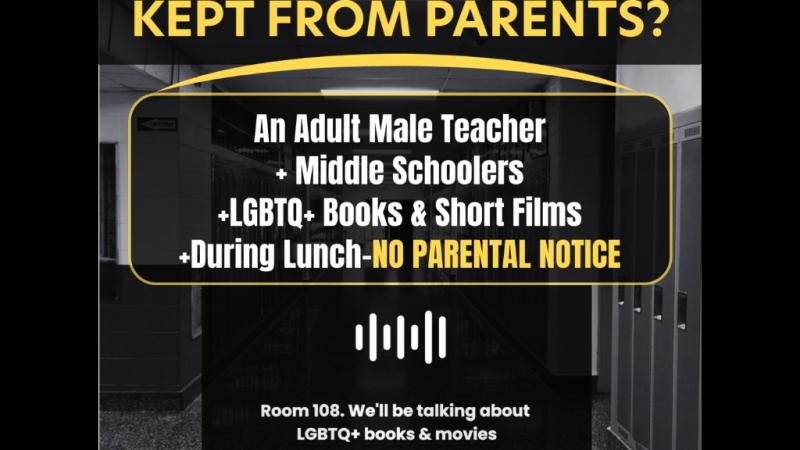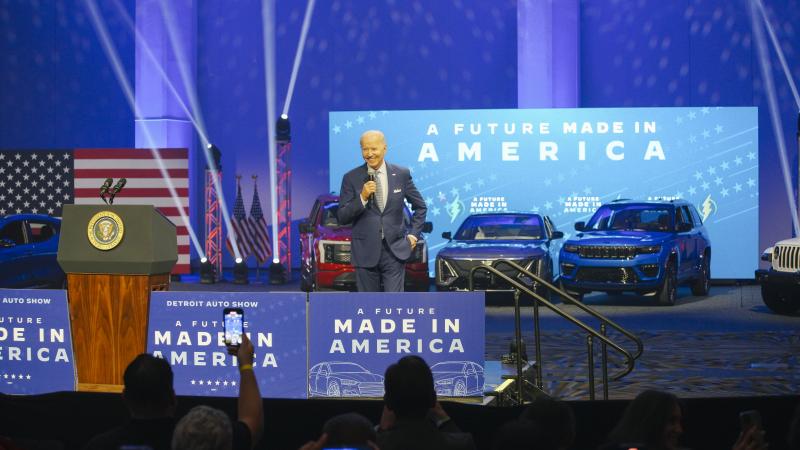Lawsuit filed in Virginia to halt prosecution of speed camera violations, based on Constitution
If the court sides with the defendant, then all Virginia localities prosecuting speed camera tickets in this way would have to make a change.
A former Virginia delegate has filed an injunction against the city of Chesapeake for its prosecutions of speed camera violations in a case that could have implications for the whole state.
Virginia law allows the city to prosecute cases in a way that may violate the Sixth Amendment of the United States Constitution, according to attorney and former delegate for Hampton Roads District 83 Tim Anderson.
The Sixth Amendment guarantees those accused of a crime a right to a defense and a speedy trial by jury. However, it also contains the confrontation clause, which says the defendant has a right to face his accuser in court.
That’s not happening in this case, Anderson says.
In Chesapeake, the city contracts with a third party for the operation and maintenance of the cameras and the generation of citations. Someone from the police department will testify in cases contesting speed camera tickets that the camera was working properly and accurately captured the speed of the defendant’s vehicle at the time of the incident.
“The police department is not the agency that is calibrating the unit. It is actually the third party – a private, out-of-state business,” Anderson told The Center Square.
Without a representative from the third party in court, the defendant doesn’t get to confront his accuser, according to Anderson.
There’s one further wrinkle, however, that Anderson calls “the juicy part” of this case. The Sixth Amendment applies to criminal proceedings, but speeding tickets are civil infractions. A 2011 U.S. Supreme Court case provides precedent for Anderson’s confrontation clause argument, but it’s the second piece of the puzzle the court may not validate.
It hinges on how traffic violations are viewed through Virginia code. Not all states grant people contesting a speeding ticket the same rights as criminal defendants, but Virginia does, Anderson says.
“In Virginia, the law says that in a regular traffic case, you have the presumption of innocence, you have the right to remain silent, you have a right to a jury trial – all of the criminal protections that we get,” Anderson said.
“That’s what the case is about. If the court finds that traffic tickets are entitled to full constitutional protections, then I think we have a real shot at getting this injunction.”
If the court sides with the defendant, then all Virginia localities prosecuting speed camera tickets in this way would have to make a change. Either the third party will have to agree to testify in these cases, or localities will have to shift the third party’s duties to the police departments and courts.
“This really isn’t so much about us going after the city of Chesapeake” – though Anderson is asking that every conviction absent a radar technician be invalidated – “as it is trying to invalidate the law. And if we get the federal judge to invalidate the law, then no jurisdiction in Virginia can prosecute these cases in the way that they’re doing it,” Anderson told The Center Square.
A 2020 state law allowed localities in the commonwealth to start using speed cameras in school and work zones, and since then, about a dozen have done so.
Anderson previously filed two cases against the cities of Chesapeake and Suffolk, arguing that the use of a third party to generate citations violated Virginia law. Those cases were filed in state courts, meaning legal victories would not automatically necessitate compliance anywhere else in the commonwealth.
“We’re swinging at it from different angles,” Anderson said. “If we win in Chesapeake or Suffolk, it’s probably going to only pertain just to Chesapeake or Suffolk. But by going to federal court on this other action, we are asking for a statewide injunction, which the federal court would have the right to grant.”












